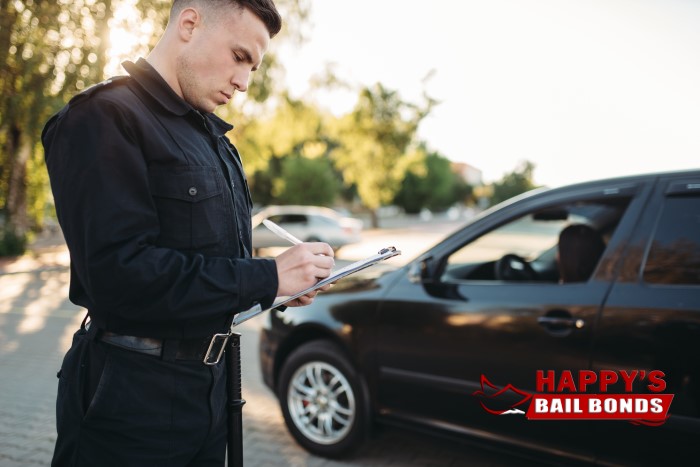
23 Apr What Happens if you Don’t Provide a Driver’s License When it’s Requested?

Here’s the thing. Driving is considered a privilege, not a right. That little laminated card you receive from the DMV is what tells everyone, including a patrol officer who pulls you over, that you have been granted the privilege of operating a motor vehicle on the California streets.
If you’ve been pulled over for some reason, the police officers have every right to request your driver’s license. Since, you’re not supposed to operate a vehicle without having the license in your car with you, failing to present your license when it’s requested can create an assortment of headaches for you.
The California Vehicle Code Section 12951 requires that you present your driver’s license if it is requested. The law very clearly states, “The licensee shall have the valid driver’s license issued to him or her in his or her immediate possession at all times when driving a motor vehicle upon a highway.”
While you’re legally allowed to defend yourself against a failure to present your driver’s license charge, there are a limited number of defenses you can use. Saying you forgot your license when you left home isn’t going to be good enough. Some defenses a judge might allow include:
• That even though you were in the car and your license was requested, you were simply a passenger (and therefore not legally required to have your license on you)
• You were pulled over without probable cause
If you are pulled over and discover that you left your license at home, it’s in your best interest to explain that to the officer calmly and quietly. If you have any other form of identification on you, it would be a good idea to offer that instead of your actual license since presenting any form of identification shows a willingness to work with the officer.
Simply not having your driver’s license on you is an infraction and will result in you having to pay a $250 fine. However, as long as the officer can see that you have been issued a driver’s license and it’s not expired, the only thing you should get is a ticket.
Things change if you become belligerent and flat out refuse to give the officer your driver’s license, a reasonable explanation, or another form of identification. If you refuse to show your driver’s license and can’t explain why you could be arrested and charged with a misdemeanor. If you are convicted you could be sentenced to up to six months in jail, charged a fine that’s as large as $1,000. In many cases, the judge will order misdemeanor probation rather than actual jail time.
Considering the high cost connected to not having your license on you if you’re pulled over, it’s in your best interest to take a few seconds and make sure it’s in the car before starting your engine.

Sorry, the comment form is closed at this time.